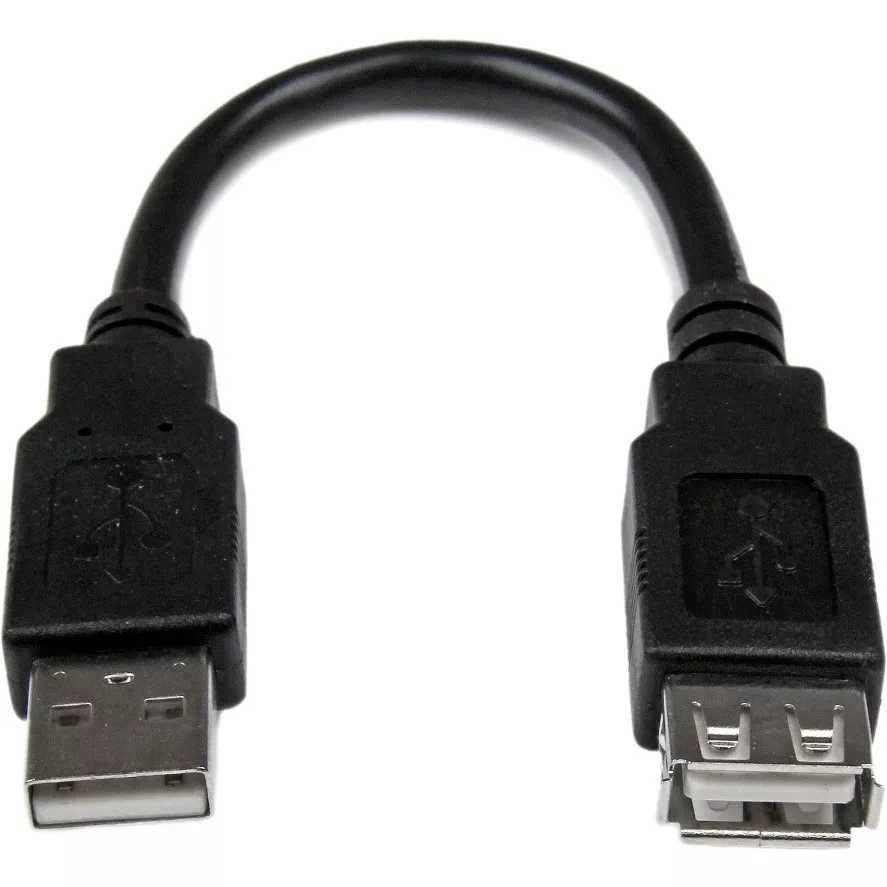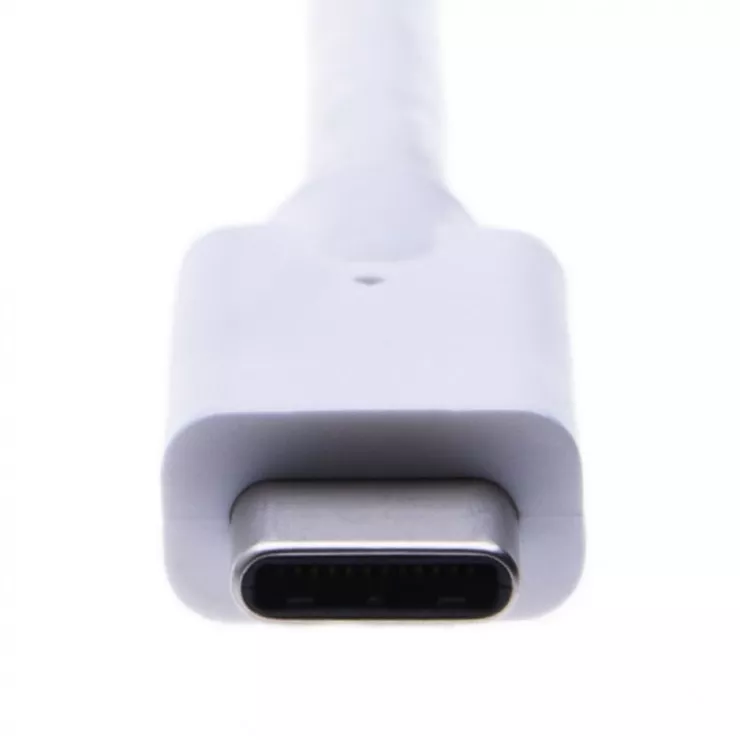Best Docking Stations for SOLIDWORKS
Docking stations are a necessity for many modern workforces. Having the capability to take your workstation home, to the office, or to a job site is mandatory in the modern age of mobile work, and having extra monitors and peripherals at your desk is critical to making the most of most SOLIDWORKS workflows.
- Suggested Article >> Best Monitors for SOLIDWORKS
SOLIDWORKS is not just computationally demanding, but it is also graphically demanding, so ensuring these docking stations transmit the 3D renders using the highest bandwidth available is critical. Most modern docking stations use USB cables, and the USB protocol is a bit of a mess with different options for compliance. This article will guide docking station buyers to find the best docking stations for SOLIDWORKS to meet the needs of their engineering fleet.
- Suggested Article >> Optimizing Your Workstation Budget for Design and Engineering Applications
Best to Avoid
USB-A

Figure 1: USB-A Cables
First comes the easiest way to determine if a prospective docking station is right for you: USB type A (USB-A) docking stations are never the correct choice for use with SOLIDWORKS.
USB-A ports utilize a proprietary protocol called DisplayLink to transmit graphics over the port. The USB-A port and DisplayLink protocol are not very high-bandwidth and are suitable for basic web browsing, spreadsheets, word processing, and so on - but not 3D CAD.
Indeed, there are many SOLIDWORKS Service Requests (SR’s) reporting poor performance when using monitors powered by this protocol. Unfortunately, because these are hardware limited, there is nothing to be done about it.
After USB-A, come the much newer USB Type C ports (USB-C).
Possible Solution
USB-C

Figure 2: USB-C Cable
USB-C includes a DisplayPort alternative mode as an optional feature. Not to be confused with DisplayLink above, DisplayPort is an industry-wide standard for graphics transmission, and ports for it are on nearly every single graphics card sold. Simply searching for your dock model number for DisplayPort alt mode or searching for USB-C dock DisplayPort Alt Mode will bring up numerous options.
Best Docking Stations for SOLIDWORKS
Thunderbolt 3 Docks
Somewhat confusingly, Thunderbolt 3 also uses the USB-C connector, however, the underlying standard is somewhat different. In order to use a Thunderbolt 3 dock, your computer must have a Thunderbolt 3 port, which is indicated by a lightning bolt icon (shown below).

Figure 3: The lightning bolts indicate these are Thunderbolt ports instead of standard USB-C ports
USB4 Docks
The upcoming USB4 protocol will continue to use the USB-C connector, but it additionally includes the entirety of Thunderbolt 3, so at the time of writing, all USB4 docks should be adequate for putting SOLIDWORKS on an external monitor.
Summary
- No USB-A docks should be used for SOLIDWORKS on an external monitor.
- Some USB-C docks are usable – check for “DisplayPort” or “DisplayPort alt mode” in the dock’s documentation.
- All Thunderbolt 3 docks are suitable.
- All USB4 docks should be suitable when they come out.
I hope this helps clarify possible options and saves you from some frustration!
Related Articles
Best Workstations for SOLIDWORKS: Hardware Configurations
NVIDIA RTX Series: GPUs for SOLIDWORKS and Visualize

About Mike Britton
Mike Britton is a SOLIDWORKS Application Engineer based out of Ontario, Canada. In addition to his work with GoEngineer, Mike is a competitor on Discovery Channel's BattleBots and volunteers with his childhood summer camp & local makerspaces.
Get our wide array of technical resources delivered right to your inbox.
Unsubscribe at any time.